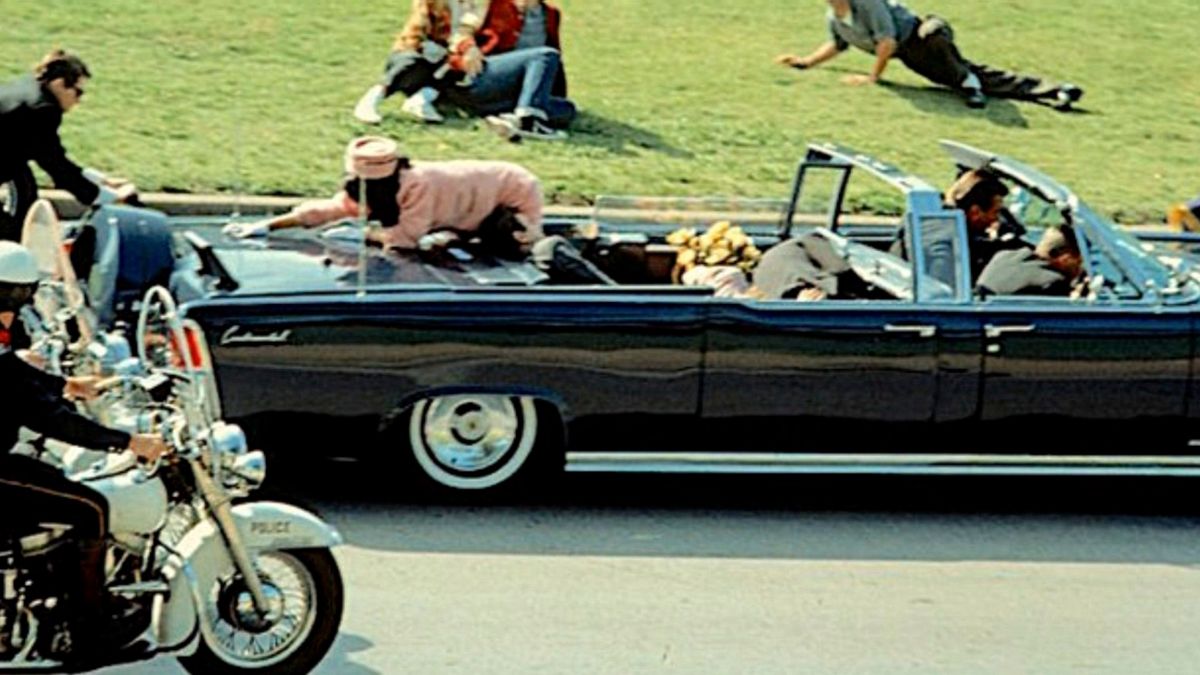
Introduction
John F. Kennedy, the 35th President of the United States, remains a pivotal figure in American history. His presidency from 1961 until his assassination in 1963 was marked by significant events that shaped the nation and the world. Understanding JFK’s impact is crucial not only for appreciating the socio-political climate of the 1960s but also for recognising his enduring influence on contemporary America.
Key Events of JFK’s Presidency
Kennedy’s time in office included several critical events that underscored his leadership. One of the most notable was the Cuban Missile Crisis in October 1962, which brought the world to the brink of nuclear war. Kennedy’s balanced approach and strong negotiation skills ultimately resolved the tension, cementing his reputation as a capable leader during a time of potential global catastrophe.
Additionally, Kennedy was a proponent of civil rights, advocating for the equality of all Americans, which led to significant legislative efforts, such as the Civil Rights Act of 1964, signed into law after his death. His famous declaration, “Ask not what your country can do for you—ask what you can do for your country,” exemplified his call for public service and civic responsibility, themes still resonant in political discourse today.
Assassination and Its Aftermath
JFK’s assassination on November 22, 1963, in Dallas, Texas, not only shocked the nation but also left a gaping void in American politics. His death catalysed a wave of conspiracy theories that have persisted for decades and influenced popular culture, literature, and film. The events surrounding the assassination continue to be a subject of study and speculation, adding layers of intrigue to JFK’s legacy.
JFK’s Legacy Today
Today, John F. Kennedy is often remembered more for his ambitious vision, the New Frontier, and his vigorous foreign policy efforts than for the controversies of his presidency. Polls indicate that he consistently ranks among the top U.S. presidents, with many appreciative of his charisma, eloquent speeches, and dedication to public service. Educational institutions, memorials, and numerous books and films have further cemented his place in the American consciousness.
Conclusion
As the United States approaches the sixtieth anniversary of his assassination, JFK’s contributions and challenges continue to resonate. His vision for America, particularly in terms of civil rights and foreign affairs, remains pertinent in current political discussions. JFK’s legacy shaped not only the fabric of his time but also the future of American leadership, inspiring generations to pursue a better world. In reflecting on his life and presidency, one can appreciate not only the complexities of his time but also the ideals he championed, which continue to inspire debate and action in contemporary society.
You may also like

The Important Role of Government in Modern Society

Remembering Matthew Perry: A Look at His Life and Legacy
